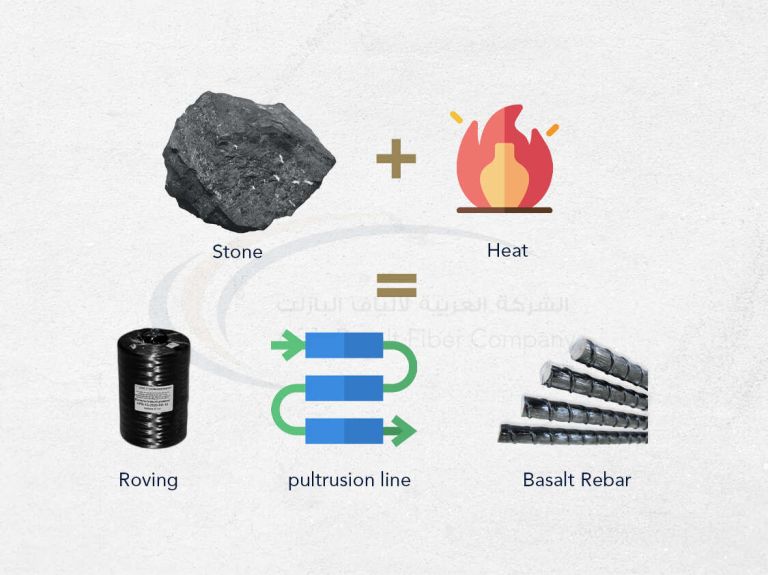
INTRODUCTION:
In the world of construction and civil engineering, new materials and technologies are constantly being developed to enhance the strength, durability, and sustainability of structures. One such material that is revolutionizing the industry is Basalt fiber composite.
Basalt Fiber Composite: A Closer Look
Basalt fiber composite is derived from basalt rock, a type of volcanic rock known for its strength and durability. When heated at high temperatures, basalt rock turns into molten material, which can then be drawn out into strong, lightweight fibers. These fibers, when bonded together with a polymer, form a basalt fiber composite.
Advantages of Using Basalt Fiber Composite in Construction
The use of basalt fiber composite rebar in construction offers multiple benefits. First and foremost, it adds significant tensile strength to the concrete, enhancing its durability. It is resistant to corrosion, doesn’t react with concrete components, and offers an environmentally-friendly alternative to traditional steel reinforcements.
Basalt fiber composite is also non-conductive, making it an excellent choice for construction projects involving electricity. Moreover, it has sound and thermal insulation properties, making structures built with this material more energy-efficient.
Basalt fiber composite can be used in a wide variety of construction projects, from bridges and dams to power stations and industrial facilities. Its resistance to corrosion makes it especially suitable for use in extreme environments where there’s high exposure to water or corrosive substances.



